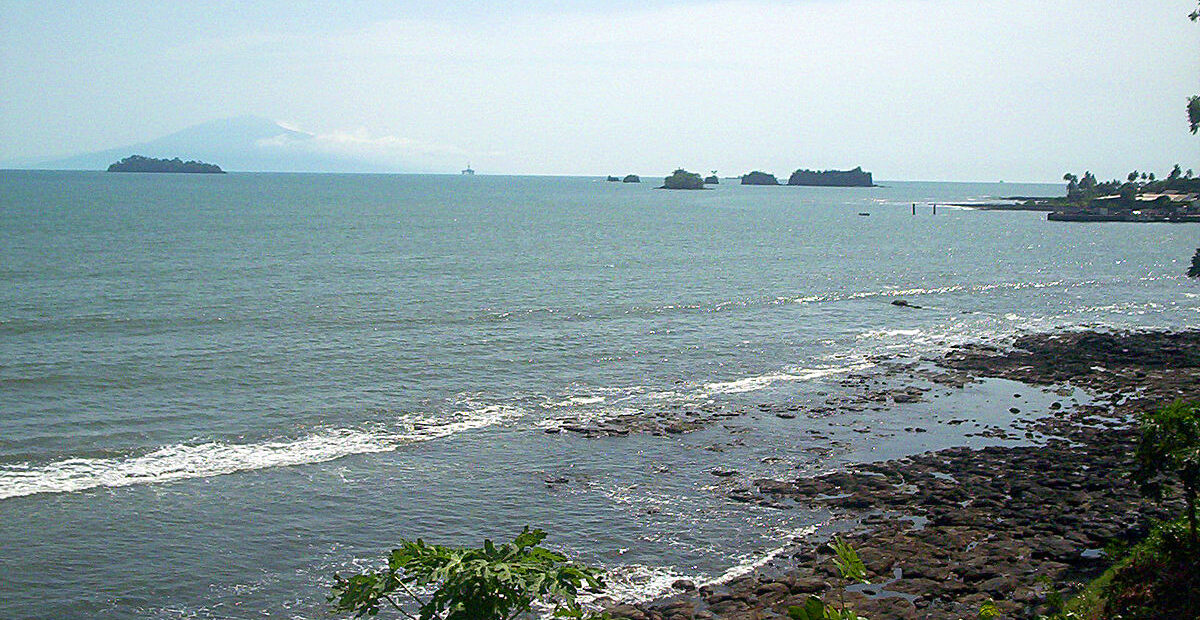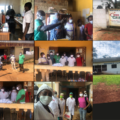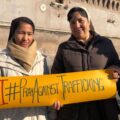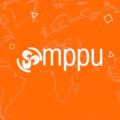
Workshop
Making a difference where everything is lacking

The experience of care during civil war, thanks to a “network” of families in Cameroon that is making a difference.
#DaretoCare is not only a slogan now known in many parts of the world, but it is a real challenge that is taken up and finds fertile ground especially where everything is lacking.
The Anglophone regions of Cameroon, for example, have been plagued by conflict, violence, and poverty for some years now. This situation has roots going back a long way in time, to Cameroon’s declaration of independence in 1960. Since then, in fact, tensions between the Anglophone minority and the Francophone majority of the country have been mounting, with very serious clashes between separatists and the regular army. This already difficult situation is compounded today by conflicts and divisions between ethnic and religious groups which, according to the United Nations, have caused the deaths of more than 3,500 people, forcing more than half a million inhabitants to flee to the Francophone regions of Cameroon or to neighboring Nigeria.
Marie and Ric Nkengafack live in Limbe, on the Southwest coast of the country. They have been married for 22 years and have five children. In addition to pursuing their professions as an economist and agronomist, they work with a network of other families “taking care” of families whose internal relationships are difficult: training, guidance, listening, are just some of the activities they carry out, together with a concrete support for each situation.
In fact, in the Anglophone part of the country, many people have been killed, families have been left homeless and many children do not go to school and risk seeing their education and therefore their future compromised for many years. This is how Marie and Ric describe:
“Many families are displaced to other regions and cities living in terrible and inhumane conditions. With a group of families here in Cameroon who try to live for fraternity, we try not to be indifferent in the face of all this suffering. The outbreak of the pandemic has worsened the situation because of the lockdown measures to prevent the spread of the disease”.
In such a difficult and complex context, it is necessary to work in two directions: to address emergencies but also to think about the future and above all to make people capable and protagonists of their own change. Maria and Ric explain about “care” on several fronts: “In partnership with the Economy of Communion program, we have organized a series of trainings to empower displaced families to create small income-generating activities that can help them at least have food on the table and meet some of their basic needs”. From crochet to the production of soaps and detergents, everything becomes an opportunity to start life anew.
Ric tells of 90 families who have been able to start small businesses: there is Rita, for example, whose husband was killed in the war and with the support she received she sells smoked fish to support her family and keep her children in school. Then there is Jonas Echu who now makes sandals and sells them to support his family. Celestine, on the other hand, with his wife and children is displaced in the forest, but thanks to the encouragement of other families, he saw a positive opportunity in this difficult situation, investing the support he received in the production of Irish potatoes, beans, and cabbage. The harvest was good this year and now that their situation is improving, they want to send food to assist other families in need. But that’s not all: “We have also bought books and assisted more than 50 children to get back into education. The feedback we are receiving from most of these families is very encouraging and gives us the courage to continue”.
The first and true form of care for these families is the relationship, the fact that they do not feel alone, but are part of a family of families that soothes the most varied wounds, gives them the courage to overcome the obstacles and thus create a reciprocity that makes the difference.
“That’s exactly it” – says Maria – “Reciprocity changes things especially in these difficult situations and creates possibilities previously unimagined. Even the way some families reciprocated the help they received gave us a lot of joy and is proof that, as they say here, we not only gave them fish, but we taught them how to fish”.






